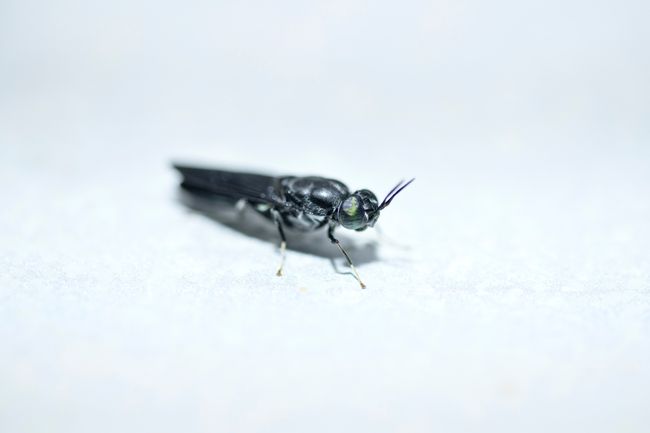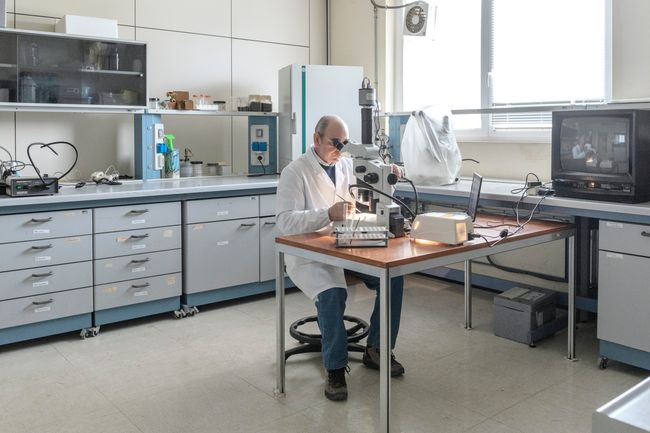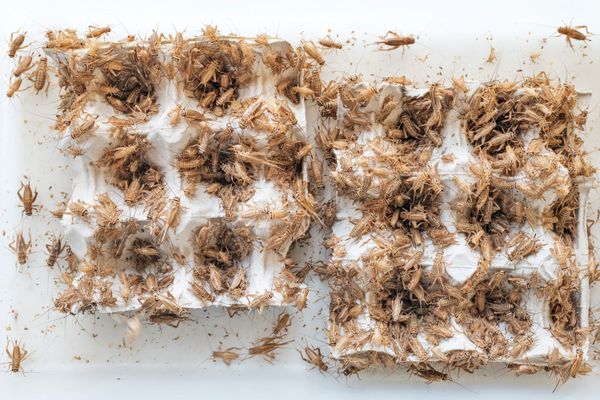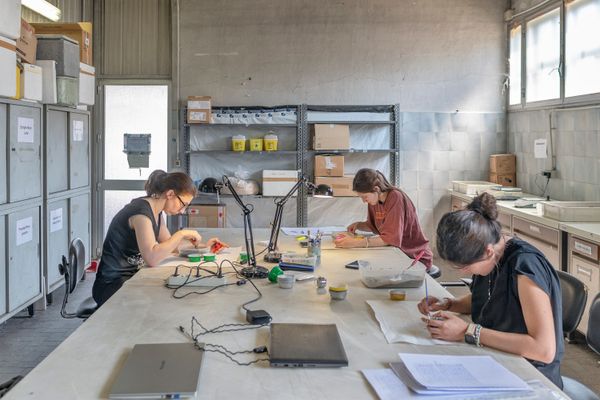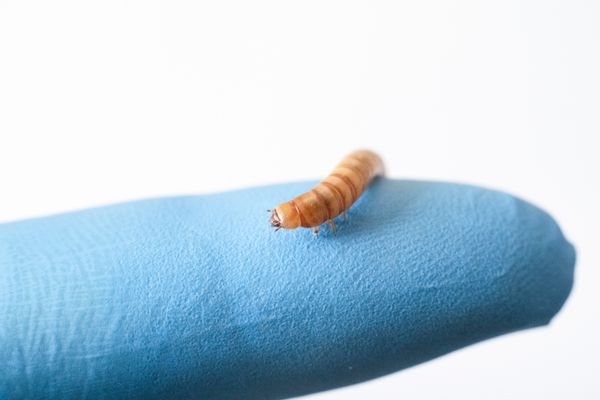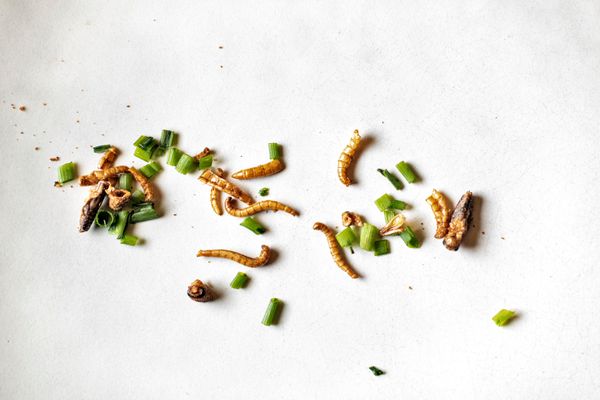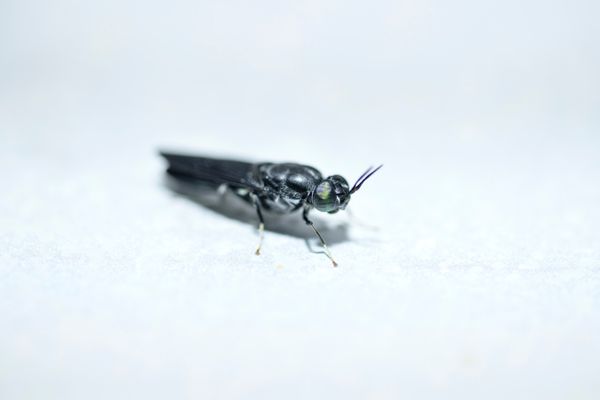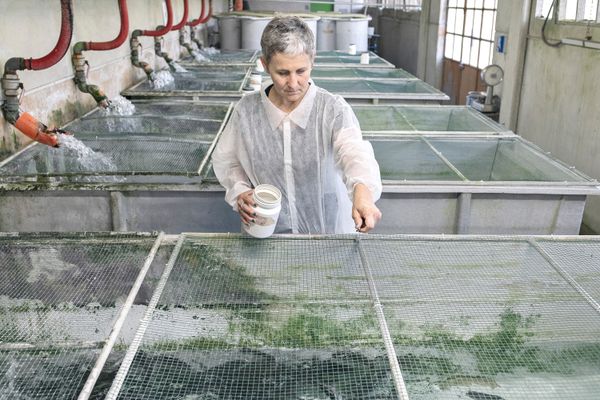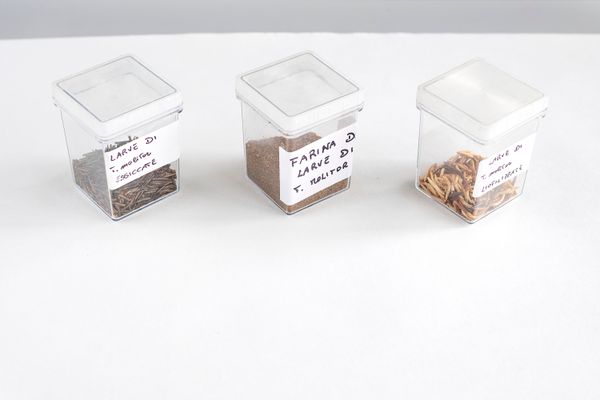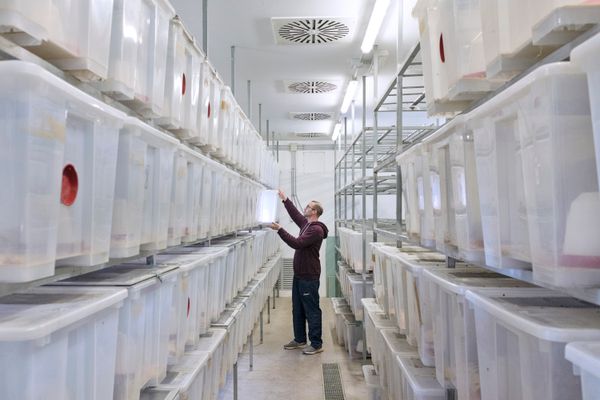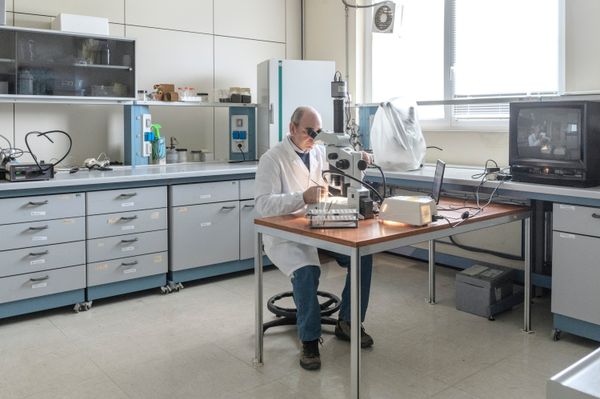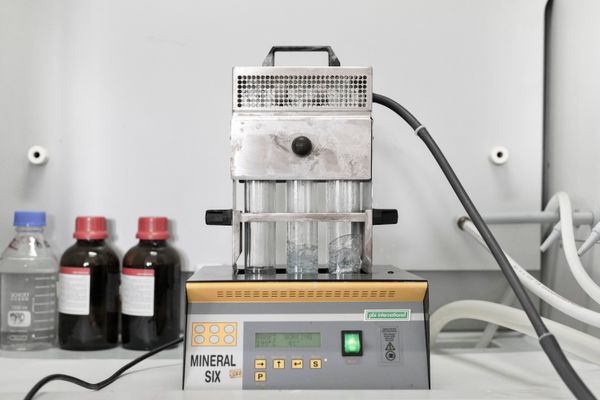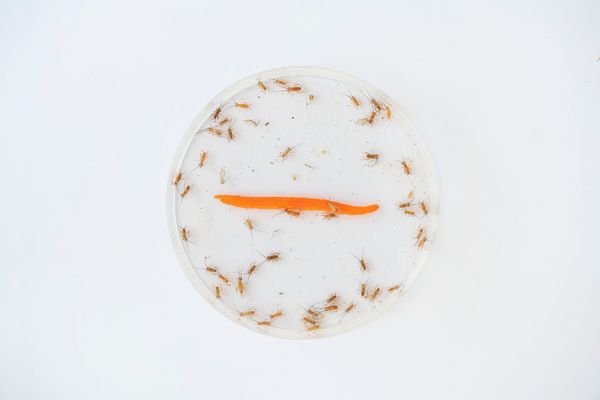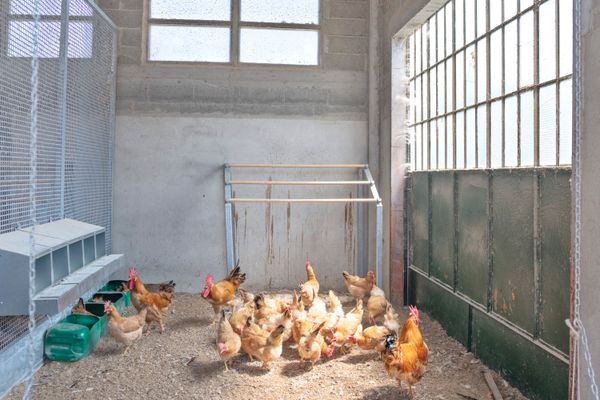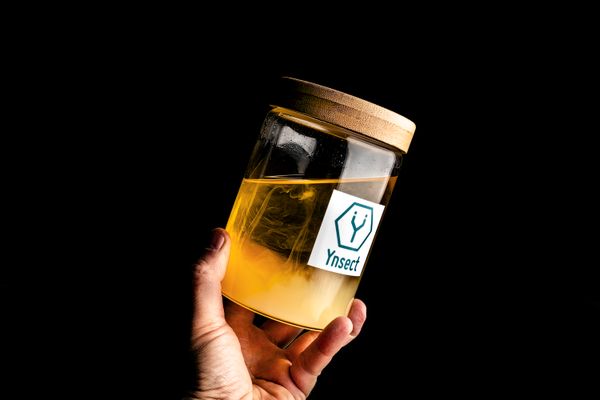ZERO HUNGER
-
Dates2023 - Ongoing
-
Author
- Topics Documentary
The United Nations aims to achieve "Zero Hunger" by 2030. The project emphasizes an innovative, sustainable solution to the escalating food crisis: exploit insects' potential as a protein source.
Hunger is caused by a combination of natural, social, and political drivers, which can lead to food shortages. Currently, natural resources essential for human survival - like freshwater, forests, soils, and more - are also decreasing due to climate change. Severe weather events, like droughts and floods, have become more common and affect harvests, leading to less food for human consumption.
The United Nations' Goal 2 (Sustainable Development Goal: Zero Hunger) aims to create a world free from hunger by 2030 and focuses on finding sustainable solutions to end global hunger.
In this context, insects are often debated, between skepticism and curiosity, as a potential solution and the "food of the future."
Today, more than 2 billion people consume insects as food, and there are over 1,900 edible species. The most consumed ones are in Mexico, Africa, and Southeast Asia, and the most appreciated insects are beetles and caterpillars. In many cases, these insects are collected directly from nature; therefore, they are wild, but in the last ten years, something has changed: The demand for locally produced proteins has increased, and the demand for insects for animal feed has tripled.
Insects are rich in high-quality proteins and highly sustainable due to their minimal environmental impact both in terms of greenhouse gas emissions and water and soil consumption. As a result, researchers are studying the most sustainable and cost-effective ways to promote the use of these insects as human food or as feed for fish, poultry, and pigs (monogastric Animals).
In Europe since 2015, edible insects and foods containing them have been considered “Novel Food”. To be sold, Novel Food must first be accepted by the EFSA (European Food Safety Authority) and then by the European Commission.
To date, only three insect species have received authorization in Europe, while insect-based feed for poultry, fish, and pigs is becoming increasingly popular.

